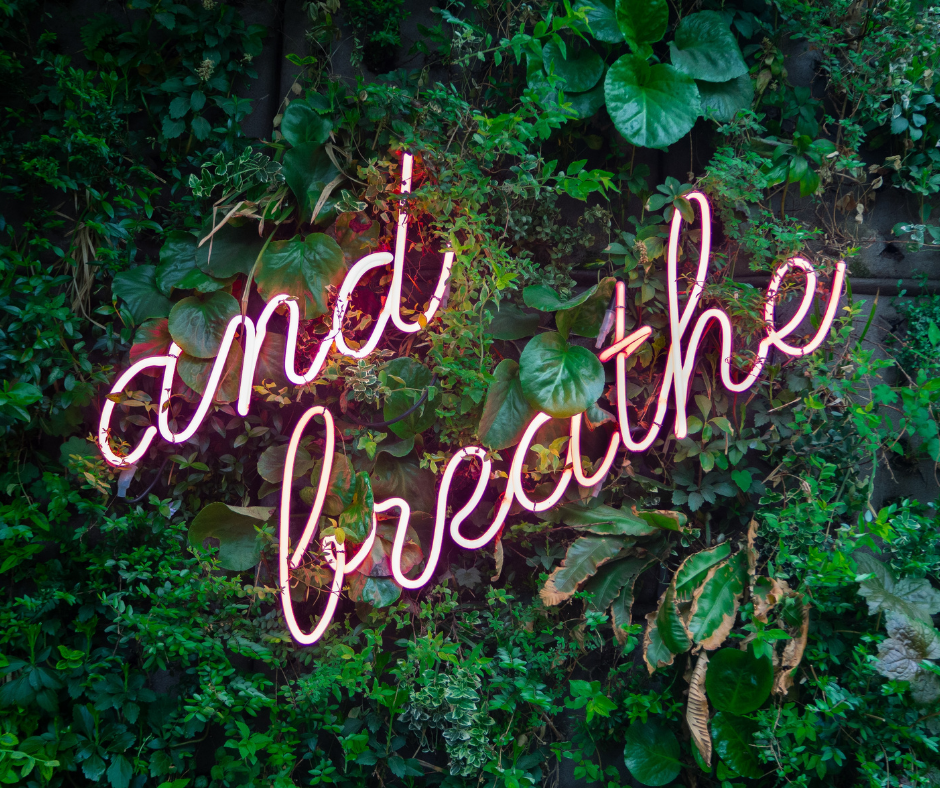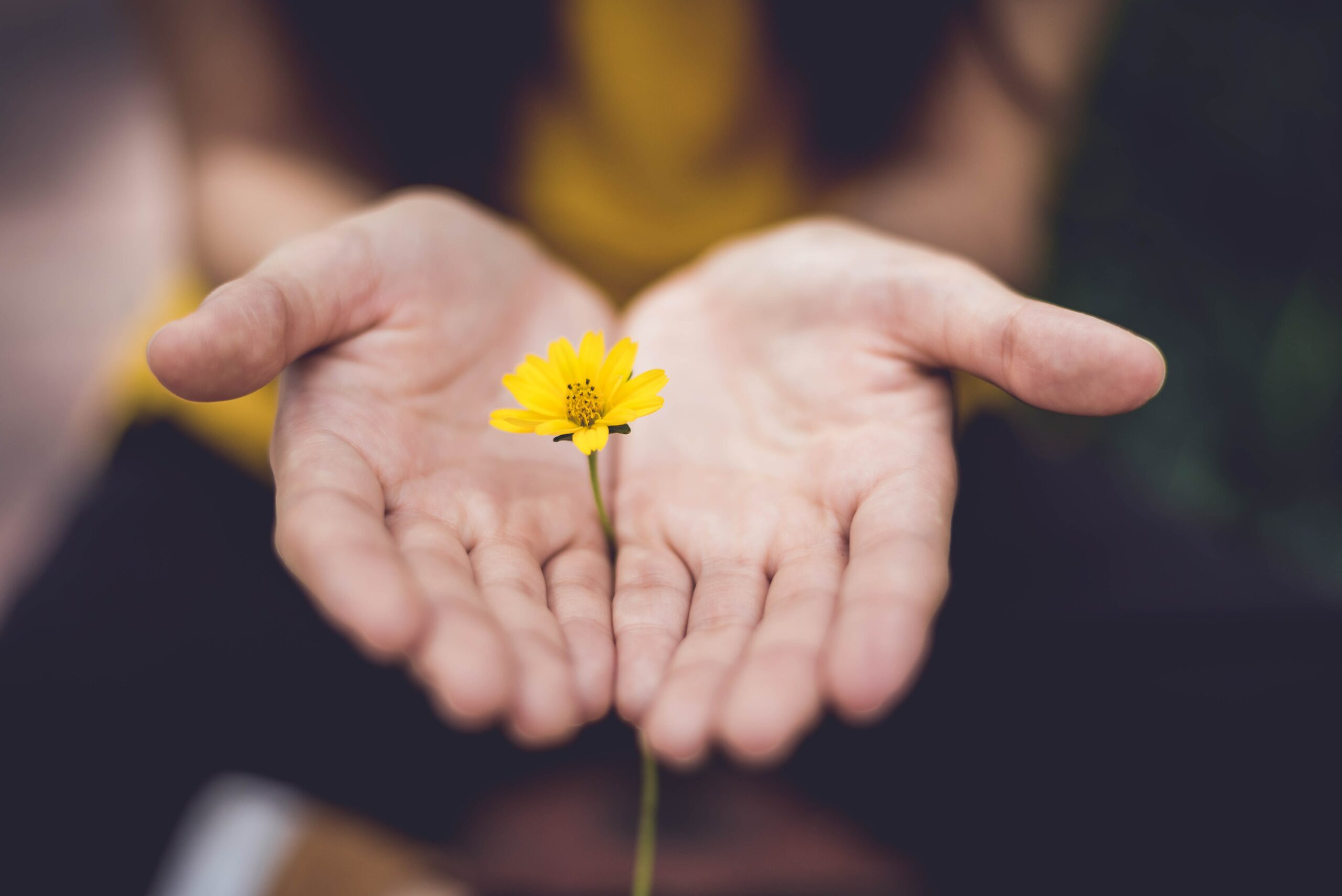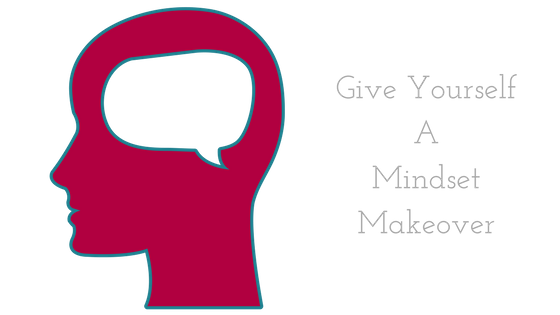Happy February to everyone, welcome to my inaugural blog on the Plaid for Women platform! I am honored to have been asked to be a contributor and want to thank Shivaun for providing me with this fabulous opportunity.
We’re going to talk about Behavioral Health (BH) which can sound somewhat vague if you don’t work in the field, so let me provide a definition for your consideration. Behavioral Health consists of mental health disorders, substance use and other addiction disorders and the treatment and recovery that is available for individuals who suffer from these diseases. These are the diseases that no one really wants to talk about and most of the time, there is embarrassment and shame in being diagnosed with them. Part of my desire in this venture is to educate and enlighten people’s perceptions thereby changing the conversations surrounding Behavioral Health.
If I were you my question at this point would be: “Why are you qualified to write about Behavioral Health”? That’s a worthy question. Information is only as good as the source that supplies it.
To begin with, I am a Licensed Social Worker, having obtained my Master’s degree in Social Work at the University of Texas at Arlington in the 90’s. I am a Licensed Chemical Dependency Counselor (LCDC) as well. Currently, I’m employed with MHMR of Tarrant County (MHMR) as Senior Director of Behavioral Health Quality Assurance. MHMR is Tarrant County’s local mental health authority providing mental health services for Tarrant County residents and substance use disorder services for residents in the North Texas area.
My position provides me with an opportunity to view the latest in treatment and direction from SAMHSA, the national Substance Abuse and Mental Health Services Administration; The National Council for Behavioral Health; NIDA, the National Institute on Drug Abuse; NAMI, National Alliance on Mental Illness, and I could continue on with an alphabet soup of organizations and agencies that provide policy, research, services, etc., but I won’t because I only have a thousand words to use and I don’t want to overwhelm or bore you.
There is another, more personal reason that I feel qualifies me to write about behavioral health and that is my experience as a utilizer of services. Being a person in long-term recovery from substance use disorder, post-traumatic stress disorder, bulimia, depression and childhood of origin abuse issues, I have had an opportunity to feel what it’s like firsthand to desperately need services.
It will take a book to provide the full back story that leads to my final surrender and cry for help (I am going to write one someday), but for now let me say that at the age of 27, my life was in a place of total chaos and hopelessness. I was blessed to have a job with people who cared about me, so they placed me in a residential substance use disorder treatment facility thereby starting my journey of recovery. Many people are not that fortunate, and I am grateful daily for the chance to continue life.
Early sobriety and recovery felt like a rebirth. I thought everybody lived in a culture of substance use and insanity. For me to stay clean, I had to change what I did, where I went and who I hung around with. It was no small feat. The program of Alcoholics Anonymous was crucial in my early recovery providing me with peer support and direction. It was here that I experienced complete unconditional acceptance of who I was with no shame and developed relationships based on learning to deal with life on life’s terms. I spent four years attending individual and group counseling at The Women’s Center of Tarrant County working through childhood of origin issues and a year at a now-closed facility struggling through eating disorder treatment. I learned that while the diseases I suffered from could be fatal, they were also manageable if I chose to acknowledge their presence and make changes in my life that supported a recovery lifestyle. And that is what I did, one day at a time.
In a recent conversation at work about recovery and how we measure quality of life in recovery I was asked what it meant for me to live my life in recovery. Rather than thinking about life now, 27 years later, I went back to my earliest days and thought about what was different in my life when the fog first lifted and I began the journey on the path of hopefulness. For me, recovery was the first time I went to get my license renewed at the DMV and didn’t have to check first to see if there were warrants out for my arrest from unpaid traffic tickets. It was those times when I called family members and they started sounding like they were happy to hear from me and not anticipating the story about what had happened now. It was waking up and remembering everything I did the night before and not feeling shame about any of it. Recovery was looking in the mirror in the morning and liking the person that looked back at me.
Recovery started with the feeling of optimism that things could be different, they could be better, and that there were people and resources that could help me achieve goals of a healthy lifestyle. My prayer is that everyone regardless of circumstance finds the desire and opportunity to make choices that can change their lives for the better.
In the next few months, we will talk more about behavioral health, substance use disorder, prescription abuse, the opioid epidemic, major depressive disorder, bipolar disorder, schizophrenia, Recovery Month, suicide, trauma, eating disorders and other addictions, National and State Policy, children/youth issues and peers and their role in recovery. Whew!! And we can go from there! I look forward to hearing from you, have a wonderful day wherever you are in your journey!












